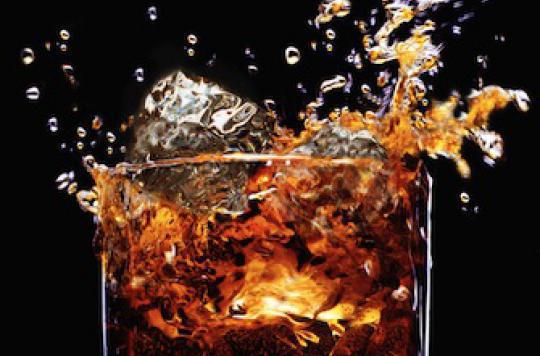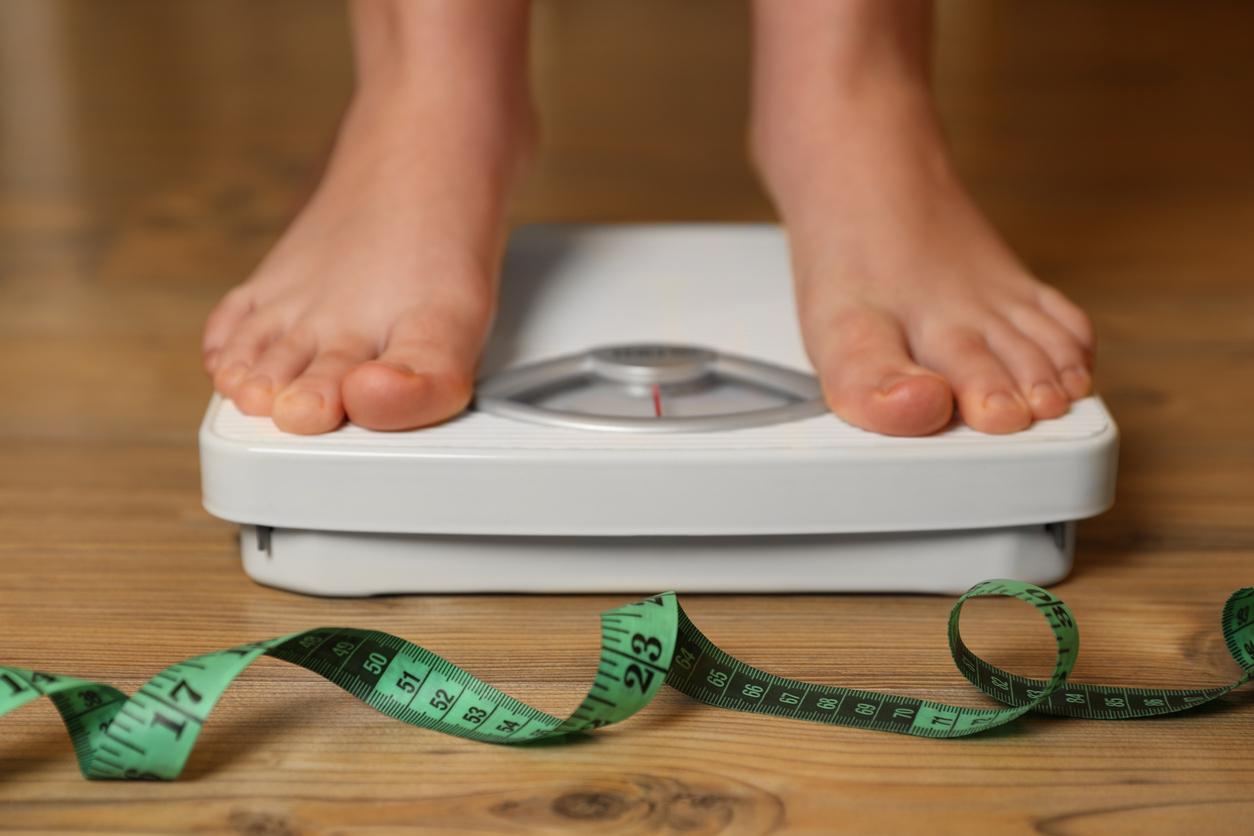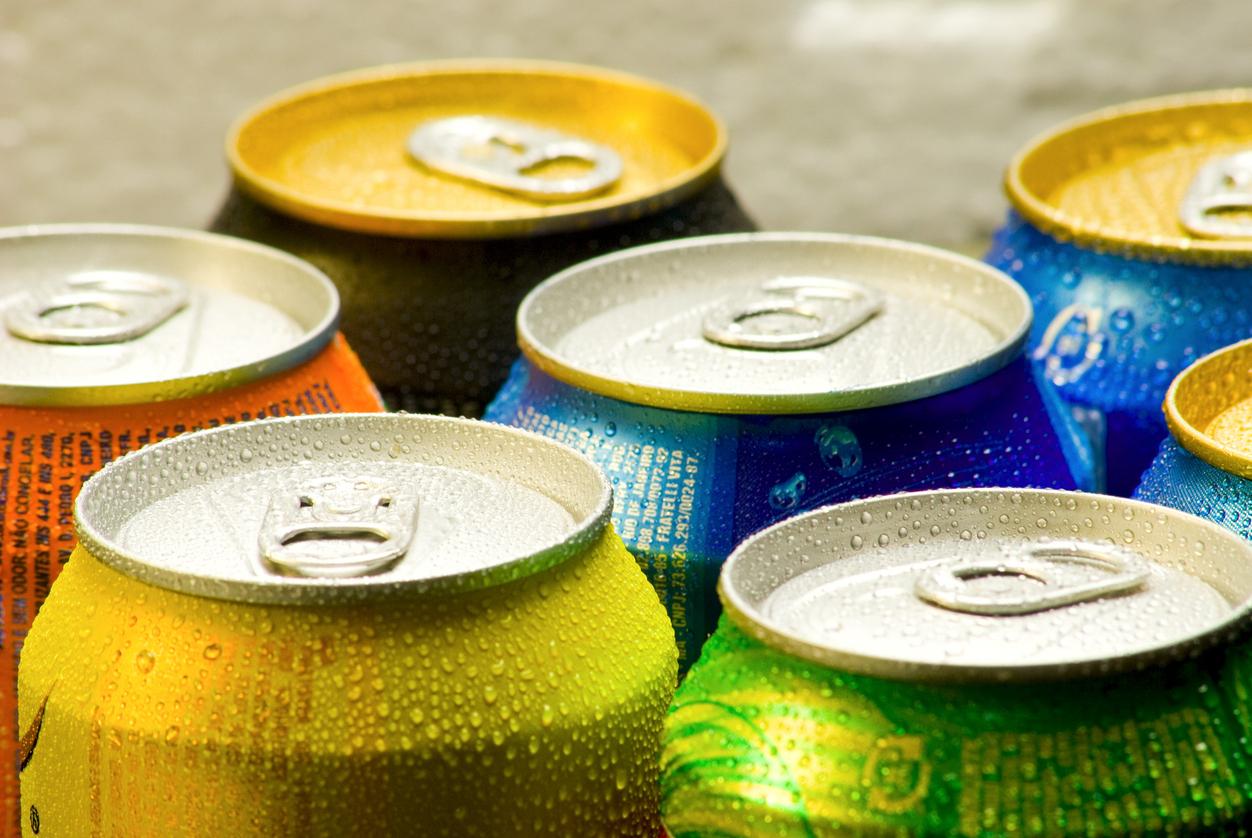Raising the prices of soda and displaying the term “high calorie” lowers sales of these products, shows a study presented at the Atlanta Obesity Convention.

It seems that the techniques used to combat tobacco consumption also work for sodas. A study by Jason P. Block of Harvard Medical School showed the influence of the price and the display of the “high calorie” character of these drinks, on sales. “A 1% per ounce (about 28 grams) increase in the price of high calorie drinks resulted in a 16% drop in sales of these drinks, accompanied by a 26% increase in sales of non-caloric drinks over a period of 3 months ”explained Jason Block during the conference Obesity Week which took place from November 11 to 16 in Atlanta (United States).
A postponement of sales on lower calorie drinks
As the site reports MedPage, little research had been carried out so far to find out whether “changes occurring at the point of sale” (price, explicit display of the content of drinks) could encourage obese people to turn away from their drinks. Block and his colleagues therefore developed a study in the cafeteria of a financial institution serving 900 clients per day. The first phase was to increase the price of drinks containing 150 calories or more for a month, followed by 2 months of observation at the initial prices. The second phase then consisted of changing the display of the drinks sold to better reflect their caloric content. The drinks have been classified into three groups: zero calorie, low calorie, and high calorie.
The price increase therefore led to a substantial increase in sales of non-calorie drinks (from 151 per day to 190) and a drop in sales of high-calorie drinks (from 99 per day to 83). Importantly, the two-month observation period following the price increase showed the continued increase in sales of non-calorie drinks, which then leveled off.
The results of this study have certainly not yet been published in a scientific journal, but they remain very interesting nonetheless. Patrick O’Neil, doctor at the University of Medicine of South Carolina commented on the study at a press conference: “This study suggests that small adjustments in presentation or price could have positive effects and very important on consumer behavior ”.
.

















